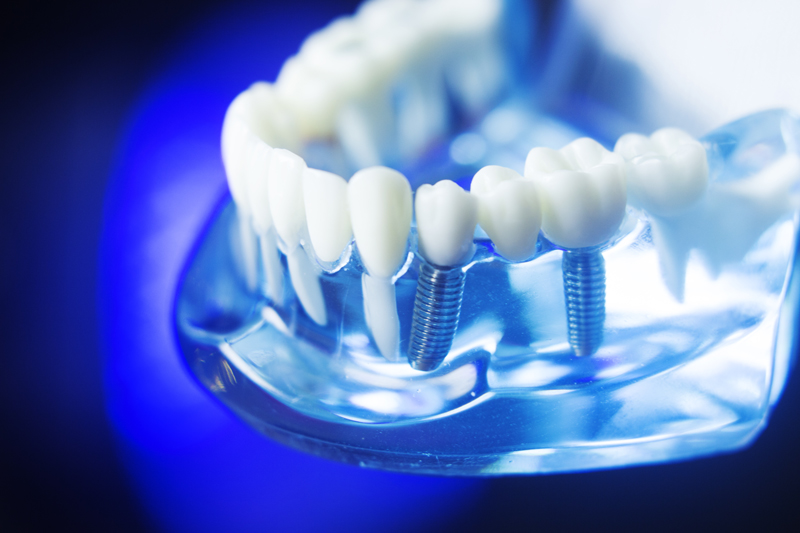
Dental Care for Missing Teeth: Exploring Options for a Complete Smile is a comprehensive guide to understanding the various treatment options available for individuals who have lost teeth. Imagine having a beautiful, confident smile again—a smile that not only enhances your appearance but also boosts your self-esteem. Tooth loss can be a significant issue, impacting not only your aesthetics but also your oral health and overall well-being. This article explores the most common and effective dental care solutions for missing teeth, helping you navigate the choices and make an informed decision. We will cover dental implants, bridges, dentures, and partial dentures, highlighting the pros, cons, costs, and specific situations in which each option might be best suited. We’ll also provide a breakdown of potential long-term care implications and address the importance of consulting with your dentist. By the end of this article, you will have a clear understanding of the available options and be empowered to choose the best solution to restore your complete smile.
Understanding the Impact of Tooth Loss
The Psychological and Functional Effects of Missing Teeth
Losing a tooth can impact more than just your smile; it significantly influences your overall quality of life. Beyond the cosmetic concerns, tooth loss can lead to issues like difficulty chewing, speech impediments, and even changes in facial structure over time. It’s important to address this issue promptly to prevent further complications and maintain a healthy and functional oral cavity. Dental professionals emphasize early intervention for the well-being of the entire mouth. Ignoring tooth loss can result in bone resorption and shift in bite alignment, which can cause additional oral health issues.
Dentures: A Familiar and Affordable Solution
Partial and Full Dentures: Pros and Cons
Dentures are a widely used and often cost-effective solution for missing teeth. They are removable appliances that are custom-made to fit your mouth, replacing your missing teeth to restore chewing function and improve appearance. Full dentures replace all your teeth, while partial dentures replace only some missing teeth. Partial dentures are often a suitable option for those with some remaining teeth that can support the appliance. However, a major drawback of dentures is potential discomfort and the need for adjustments. Some individuals experience speech problems or difficulty with chewing initially.
Dental Bridges: Restoring a Natural Look
The Role of Bridges in Filling Gaps
Dental bridges are fixed appliances used to fill gaps in your teeth, and are another popular option. A dental bridge consists of artificial teeth (pontics) supported by crowns on either side of the gap. These crowns, often made of ceramic or metal, are cemented to the existing healthy teeth. Bridges can effectively restore your chewing ability and improve your aesthetics, providing a more natural-looking smile. However, the procedure might require the reduction of existing healthy teeth, affecting the long-term structure of your smile.
Dental Implants: The Ultimate Solution
Advantages and Disadvantages of Dental Implants
Dental implants are perhaps the most permanent solution for missing teeth. They involve surgically placing titanium posts into the jawbone, acting as artificial tooth roots. These implants can support replacement teeth such as crowns, bridges, or dentures. Dental implants offer a high success rate, provide a stable and secure feeling, and closely mimic natural teeth. However, the procedure requires surgical intervention, and cost is a significant factor to consider. The entire procedure usually involves a multistep process involving specialized dental implant dentists, and sometimes requires bone grafting for a successful implantation.
Choosing the Right Solution for You
Factors to Consider When Making a Decision
No one-size-fits-all approach exists in addressing missing teeth. Multiple factors need to be taken into account. These factors include budget, restorative concerns, and your overall oral health. Some key points to remember are: the existing teeth structure, and the extent of oral damage. Each treatment option comes with its set of benefits and drawbacks, necessitating careful consideration and professional consultation.
What is the long-term care involved with different missing teeth solutions?
Long-term care for different tooth replacement options varies. Dentures might require periodic adjustments, while bridges or implants need routine checkups to maintain their integrity. Consulting with your dentist is crucial to understand the necessary ongoing care for each treatment option.
How much do each of these missing tooth solutions cost?
The cost of missing teeth solutions varies greatly depending on the specific treatment plan, the materials used, and the dentist’s fees. Implants generally represent a more substantial initial investment, compared to dentures or bridges, but their long-term durability often justifies the cost.
What is the success rate of dental implants?
Dental implants boast a high success rate, often exceeding 90% when properly placed and maintained. However, like any surgical procedure, individual results may vary depending on factors like jawbone density and overall health conditions.
How do I decide on the right solution for missing teeth?
Choosing the right solution for missing teeth involves careful consideration of various factors, such as your budget, the number of missing teeth, your oral health, and your aesthetic goals. A consultation with your dentist is essential to determine the most appropriate treatment plan.
In conclusion, Dental Care for Missing Teeth: Exploring Options for a Complete Smile offers a comprehensive guide to restoring and enhancing your smile. From dentures and bridges to implants, various options cater to different needs and budgets. Understanding your options, consulting with a qualified dentist, and carefully considering your long-term goals are crucial steps in making the right choice for a beautiful and healthy smile. Schedule a consultation today to discuss your specific needs and discover the best dental care solution for your missing teeth.